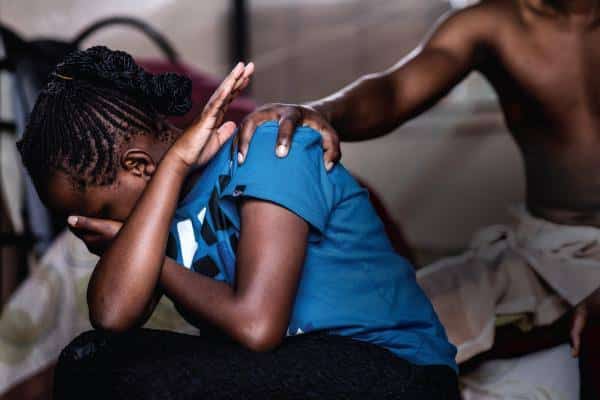Domestic violence, a pervasive and devastating issue, transcends all social, economic, and cultural boundaries. It involves a pattern of abusive behavior in any relationship used by one partner to gain or maintain control over another intimate partner. The abuse can be physical, sexual, emotional, economic, or psychological actions or threats that influence another person. Recognizing the multifaceted nature of domestic violence is crucial for addressing its root causes and providing comprehensive support to survivors.

Forms of Domestic Violence
Physical Abuse: This includes hitting, slapping, punching, kicking, or any other physical force meant to cause harm. It is often the most visible form of domestic violence but not always the most damaging in the long-term.
Sexual Abuse: This involves forcing a partner to take part in a sex act when they do not consent. It can also include any non-consensual sexual activity, even within a marriage or intimate relationship.
Emotional Abuse: This form of abuse aims to destroy the victim’s self-worth and self-esteem. It can include constant criticism, name-calling, damaging a partner’s relationship with their children, or undermining their abilities and self-worth.
Economic Abuse: This occurs when the abuser controls the victim’s financial resources, withholding money, forbidding access to finances, or preventing the victim from working or attending school.
Psychological Abuse: This includes causing fear through intimidation, threatening physical harm to self, partner, children, or partner’s family or friends, destruction of pets and property, and forced isolation from friends, family, school, and/or work.

The Impact of Domestic Violence
The effects of domestic violence are profound and long-lasting. Victims may suffer from physical injuries, chronic health problems, mental health disorders such as depression, anxiety, and PTSD, and a range of emotional and social problems. The impact extends beyond the immediate victim to children who witness the violence, often leading to long-term psychological trauma.
Barriers to Leaving Abusive Relationships
Many people question why victims do not simply leave abusive relationships. The reality is complex and multifaceted. Some common barriers include:
Fear: Abusers often threaten to harm or kill the victim or their loved ones if they attempt to leave.
Economic Dependence: Lack of financial resources can make it difficult for victims to support themselves and their children independently.
Isolation: Abusers often isolate their victims from friends, family, and other support networks.Hope for Change: Many victims hope that their abuser will change and that the relationship will improve.
Cultural or Religious Beliefs: Some victims may feel that divorce or separation is not an option due to their cultural or religious beliefs.
Low Self-Esteem: Continuous abuse can severely damage a victim’s self-esteem, making it hard for them to believe they deserve better.

Addressing Domestic Violence
Effective intervention and prevention require a multi-pronged approach:
Awareness and Education: Public awareness campaigns and education can help people recognize the signs of domestic violence and understand its effects.
Legal Protections: Strengthening laws against domestic violence and ensuring they are enforced can provide better protection for victims.
Support Services: Shelters, hotlines, counseling, and support groups are essential for helping victims escape abusive situations and rebuild their lives.
Community Involvement: Communities must work together to create safe environments and offer support to victims.
Perpetrator Programs: Programs aimed at rehabilitating abusers can help reduce the incidence of repeated violence.

Domestic violence is a critical issue that demands the attention and action of individuals, communities, and governments. By understanding the complexities of domestic violence, providing robust support systems for victims, and addressing the root causes of abusive behavior, society can move towards eradicating this pervasive problem. Everyone has a role to play in supporting victims and promoting healthy, respectful relationships.




